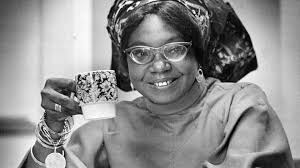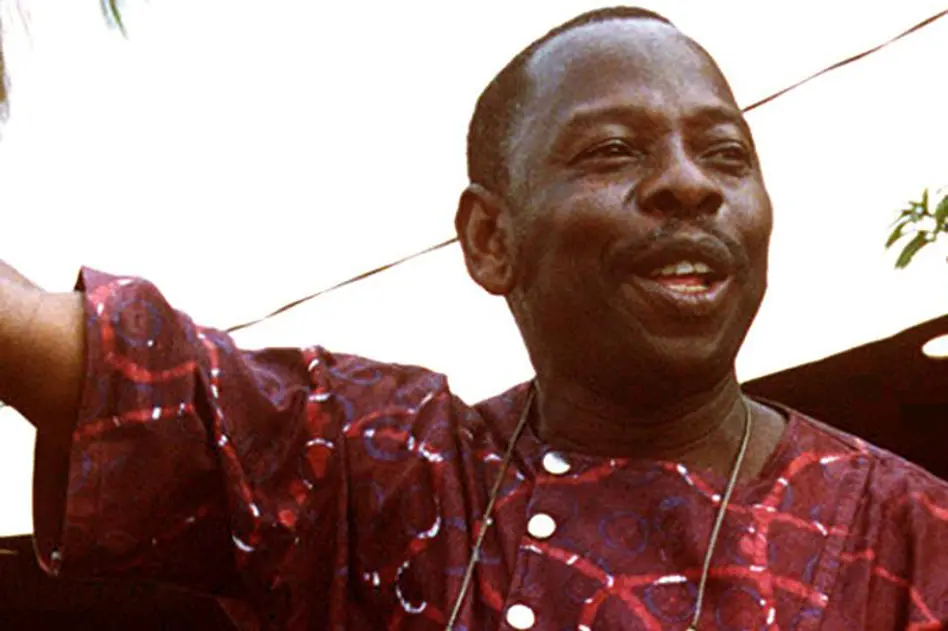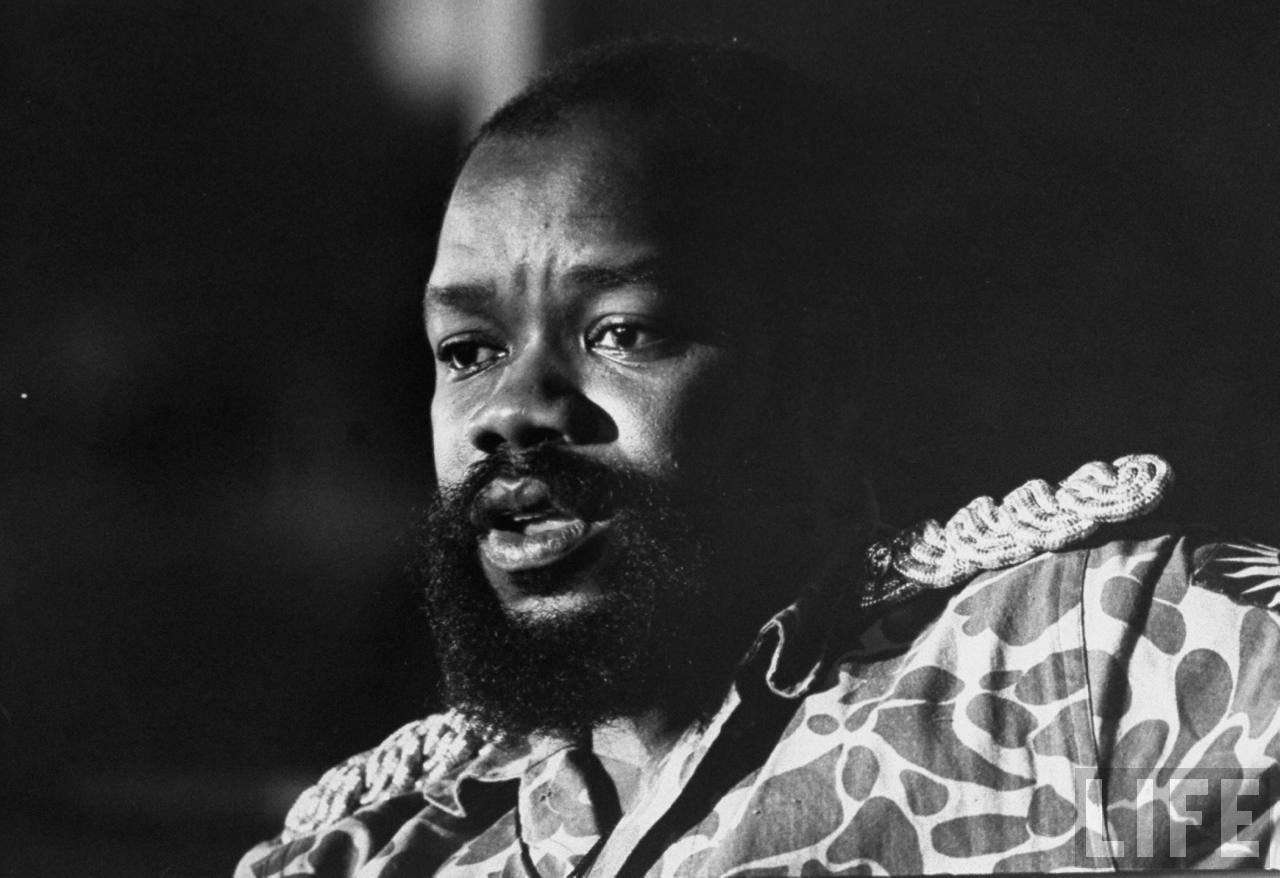
Florence Nwapa: The Mother of Modern African Literature
Florence Nwanzuruahu Nkiru Nwapa, known as Florence Nwapa, is celebrated as the first African woman to publish a novel in English, paving the way for female voices in African literature. Often referred to as the “Mother of Modern African Literature,” Nwapa’s work brought women’s perspectives to the forefront and explored the complexities of Nigerian culture, gender, and independence. This biography provides an in-depth look at her life, literary career, and enduring legacy.
Early Life and Education
Born on January 13, 1931, in Oguta, southeastern Nigeria, Florence Nwapa grew up in a close-knit Igbo family. She attended primary and secondary schools in Nigeria before moving to the United Kingdom, where she studied English and history at University College Ibadan and the University of Edinburgh. Her education broadened her perspectives, inspiring her to express the experiences and challenges faced by Nigerian women in a male-dominated society.
Literary Career and Groundbreaking Works
Nwapa’s first novel, Efuru, was published in 1966, marking her as the first African woman to publish a novel in English. Efuru follows the life of its titular character, an independent woman in a traditional Igbo community. Nwapa’s portrayal of Efuru broke new ground in African literature, offering a nuanced depiction of Nigerian women’s resilience, autonomy, and challenges.
Her subsequent works, including Idu (1970), One is Enough (1981), and Women Are Different (1986), further explored the lives of Nigerian women, their relationships, and their roles in society. Nwapa’s writing style was accessible yet profound, blending Igbo folklore with contemporary issues, and capturing the vibrant essence of Nigerian culture. Through her narratives, Nwapa offered an authentic portrayal of African women, challenging Western stereotypes and shaping global perceptions of African society.
Pioneering African Women’s Publishing
Beyond her achievements as an author, Nwapa made significant strides in African publishing. She established Tana Press in 1970, becoming one of the first African women to found a publishing company. Her press focused on promoting African literature and publishing works by African women, amplifying voices that were often marginalized in the literary world.
Through Tana Press, Nwapa supported young authors and encouraged the growth of African literature. Her dedication to publishing reflected her commitment to cultural preservation and empowerment, helping to cultivate a generation of African writers who would follow in her footsteps.
Impact and Legacy
Florence Nwapa’s contributions to African literature and publishing continue to resonate. Her works have been studied globally, and she is celebrated as a trailblazer who expanded the possibilities for African women writers. Her influence can be seen in the works of acclaimed Nigerian authors like Buchi Emecheta, Chimamanda Ngozi Adichie, and Sefi Atta, who continue to explore themes of identity, gender, and culture.
In addition to her literary achievements, Nwapa’s influence on African publishing set a precedent for self-publishing and literary independence in Africa. She remains an inspirational figure, remembered for her courage, vision, and dedication to elevating African women’s voices in literature.
Notable Quotes
“I have no apologies to make. I believe I am capable of writing a book that could be read and enjoyed.”
“African women have been silent for too long. I believe it is time for us to speak out.”
Conclusion
Florence Nwapa’s life and work exemplify the power of literature to transform society. As a pioneer, she laid the groundwork for future generations of African women writers and challenged societal norms through her storytelling and publishing initiatives. Her legacy as the “Mother of Modern African Literature” is well-deserved, and her contributions continue to shape African literature and inspire readers worldwide.




Wonderful goods from you, man. I’ve understand your stuff previous to and you are just extremely fantastic. I actually like what you have acquired here, really like what you’re stating and the way in which you say it. You make it enjoyable and you still take care of to keep it sensible. I can not wait to read far more from you. This is actually a great web site.